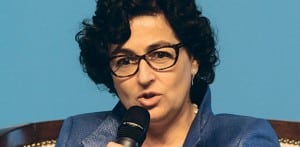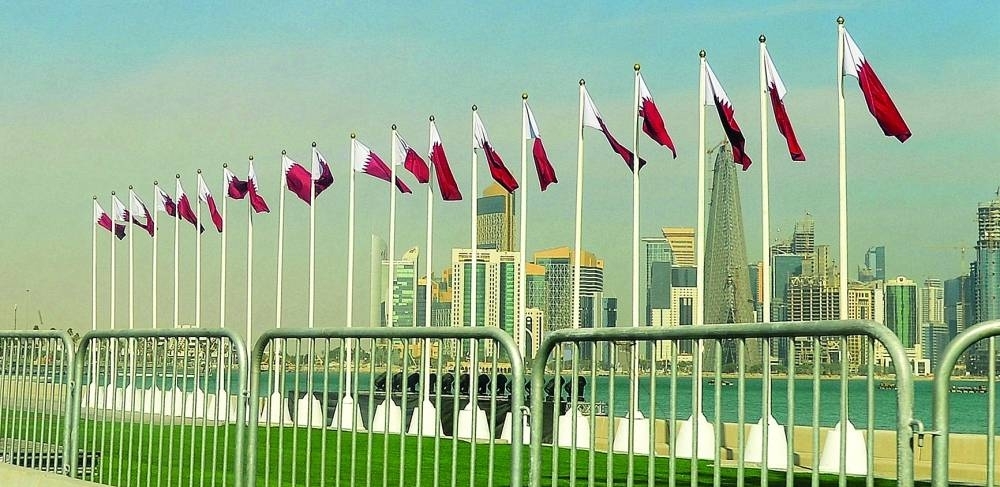By Peter Alagos, Gulf Times
Qatar’s small and medium-sized enterprises (SMEs) could play a major role in the multibillion global halal industry, the executive director of the Geneva-based International Trade Centre (ITC) told Gulf Times.
Speaking on the sidelines of the opening of the 15th World Export Development Forum held at the Sheraton Doha Resort & Convention Hotel yesterday, Arancha Gonzalez said the global halal industry is a growing and lucrative market.
& Convention Hotel yesterday, Arancha Gonzalez said the global halal industry is a growing and lucrative market.
“The halal industry has a huge potential and is very adapted to small and medium enterprises,” she noted.
The ITC is a subsidiary organisation of the World Trade Organisation and the UN Conference on Trade and Development (UNCTAD).
Gonzalez stressed that understanding the standards around this sector is essential to facilitating SME participation.
She noted that the halal industry has opened “big opportunities” for producers who can cater to huge consumption markets not only in the region but also in Europe, the US, China, Japan, Latin America, and New Zealand, among other countries.
“Halal is moving from niche to mainstream…rather than being associated with just religion, it is moving towards ethical consumption. Consumers want a new experience such as ‘ethical fashion;’ they don’t want fashion products that have been produced without respect of fair labour standards, the environment, and traditions,” she explained.
Asked how Qatar Development Bank (QDB) helps facilitate SME participation, QDB chief executive officer Abdulaziz bin Nasser al-Khalifa said Qatari companies can tap the bank’s advisory and financing programmes to penetrate the global halal industry.
“QDB provides specific programmes such as feasibility study and business plan support, as well as legal registration support, and financing,” al-Khalifa said.
He said QDB is already engaged in financing a significant number of farms in Qatar and other livestock producers.
“QDB is responsible for a 10% impact in the livestock market in Qatar. But that is only for the domestic market.
“Since our support and intention is to help to grow the export market, QDB will be in a better position to support Qatari companies who are looking to export to external markets and to plug-in into this value chain,” al-Khalifa stressed.
Al-Khalifa said many Qatari SMEs joining the forum will benefit from the workshop on halal food.
“There is a big opportunity for Qatar to be a source of halal products for the European and US markets because Qatar is an acknowledged exporter of halal food,” al-Khalifa noted.
He also reiterated that the government “is working seriously to enable SMEs play a vital role in the development of the national economy.”
In 2014, al-Khalifa said QDB has helped more than 150 Qatari companies penetrate the international market, particularly in countries like Morocco and Tunisia. He added that Qatari industries in the fields of plastics, aluminium, food, and health, among others have already penetrated international markets.



